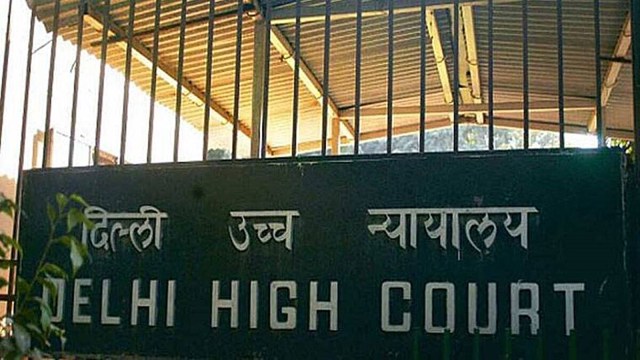‘Mediation a bridge to resolution, under no circumstances will it be allowed to collapse’: Delhi High Court
Delhi High Court mentions Ramayana, Mahabharata, Gita, Qur’an and other texts to highlight importance of peaceful resolution of issues
 Justice Sharma, however, emphasized that in cases involving offences of "serious nature" such as those falling under the Protection of Children from Sexual Offences (POCSO) Act, "no form of mediation is permissible". (File)
Justice Sharma, however, emphasized that in cases involving offences of "serious nature" such as those falling under the Protection of Children from Sexual Offences (POCSO) Act, "no form of mediation is permissible". (File)Citing religious scriptures like the Holy Bible, Bhagavad Gita and the Holy Quran on the importance of mediation, the Delhi High Court has recently observed that in the midst of conflict, “mediation is the bridge to resolution and under no circumstances the bridge will be allowed to collapse”.
A single judge bench of Justice Swarana Kanta Sharma in its March 7 order has said, “This Court thus, opines that it is not on the basis of the British or other foreign Jurisprudences alone but on the basis of unplundered wealth of ancient Indian Judicial and mediation jurisprudence which is found in our old texts including Ramayana (रामायण), Mahabharata (महाभारत), Bhagavad Gita (श्रीमद्भगवद्गीता), when read and understood in detail in context of the messages conveyed in certain chapters, subject to their true interpretation and understanding without being referred to as religious texts alone.”
The High Court thereafter said even in Islam, the Holy Qur’an, the Sunna, the Ijma, and the Qiyas all “support peaceful conflict settlement within the Islamic community, between Islamic and non-Islamic communities, and between two or more non-Muslim communities”.
Justice Sharma, however, emphasized that in cases involving offences of “serious nature” such as those falling under the Protection of Children from Sexual Offences (POCSO) Act, “no form of mediation is permissible”.
The High Court made the observations while hearing a man’s plea, estranged from his wife and not currently living with her or their children, who had sought reopening of a case claiming that the children were sexually abused and assaulted by his brother-in-law.
The father had filed a complaint under Section 7 (sexual assault) of the POCSO; subsequently the special court had referred the complaint to mediation on the basis of statements made by the father and mother of the two children that they wanted to compromise the matter.
In the mediation centre, the matter was settled on the basis of which the special court had closed the complaint filed under the POCSO Act.
The father, however, approached the High Court claiming that he had agreed for a settlement on the condition that his children will stay with him and the wife will forego all her rights against the children, but she had failed to fulfil the settlement agreement terms.
Further, he claimed, the agreement clearly stated that the parties would be at liberty to revive the cases which were pending against them in case of non-compliance with the agreement.
The High Court, however, in the present case, refused to reopen the father’s complaint, after observing that nine years have passed since the special court’s order, remarking that there is an “attempt to re-open the sad chapter of life of their children without there being any hesitation to expose them to the gory past”.







